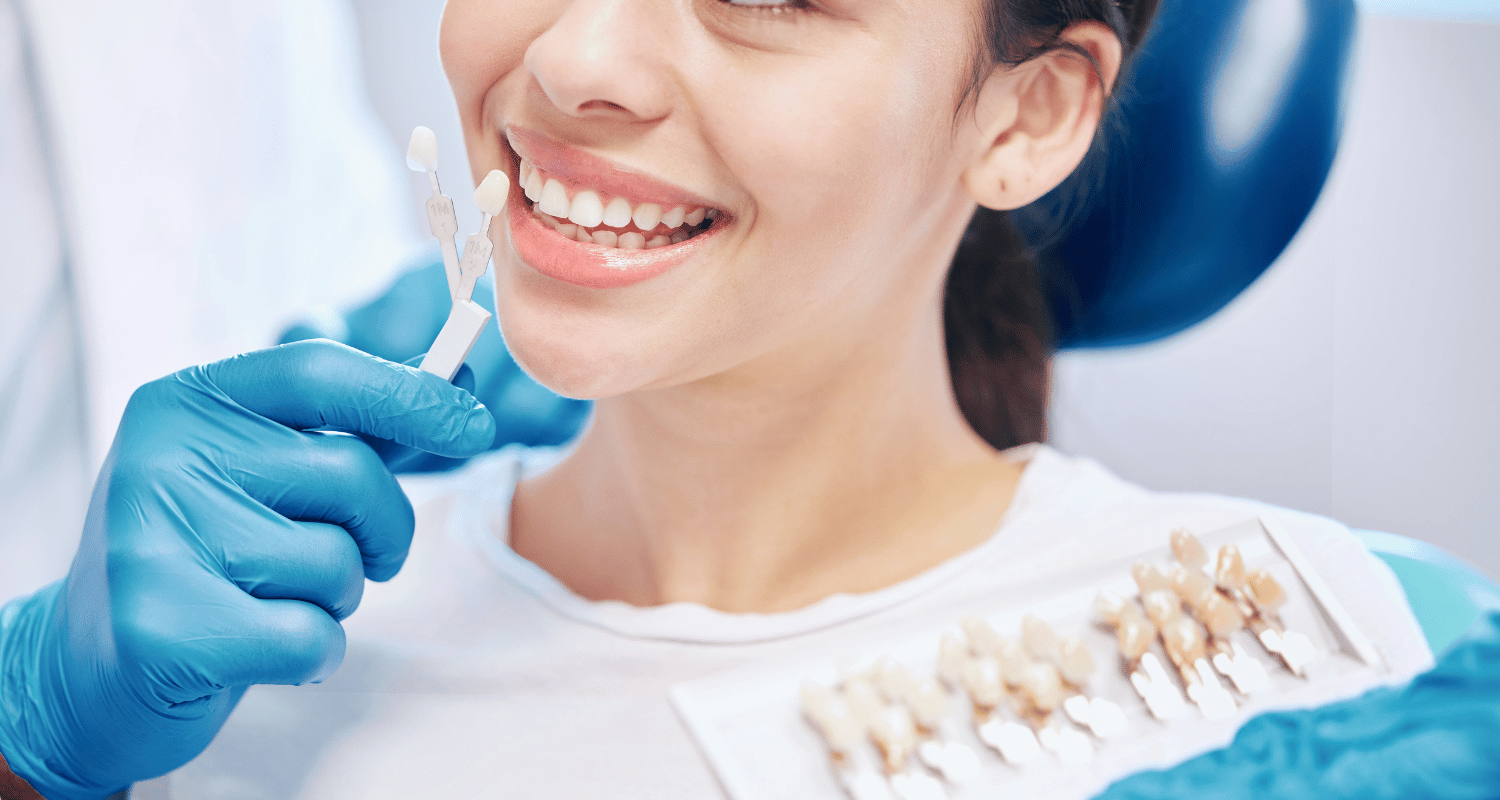Dental Treatment for Expats in Korea
Why Dental Care as an Expat Matters
Whether you’re living in Korea for work, study, or are visiting as a medical-tourism patient, finding the right dental clinic is essential. As an expat you’ll want:
- Clear English-friendly communication so you understand diagnoses and costs.
- Transparent pricing from the start—so no hidden surprises.
- Quality service that considers both function (oral health) and aesthetics (especially since many clinics cater to international patients).
- Logistical ease: booking, after-care, follow-up if you leave Korea.
Choosing an English-Friendly Dental Clinic in Seoul
Here are what to look for:
- Clinic explicitly states “English speaking staff” or “foreign-patient services”. For example, clinics like The Oaks Dental Clinic in Gangnam say 50% of patients are international and provide multi-language support. Oaks Dental Korea
- Clear service menus in English and transparent pricing (or at least price ranges) made easily available.
- Convenient location (Seoul districts like Gangnam, Yongsan, Itaewon) and good transport access.
- Reviews from other expats—forums say many recommend clinics that cater to international patients. Reddit
- A clinic that gives you a detailed treatment plan, estimated cost, and what’s covered vs what’s extra (especially if you’re using foreign insurance).
What to Expect: Common Treatments & Costs
Here’s an overview of typical dental treatments for expats and what the cost/experience might look like in Korea (Seoul):
- Check-up & Teeth Cleaning (Scaling): Routine visit. Example: at some clinics the cost for a foreign patient may be around ₩50,000–₩100,000 for a basic cleaning. en.seouljeseng.com+2강남여성병원+2
- Fillings / Cavities: Material matters (metal vs tooth-coloured), size matters. Reddit expats report quotes like ₩250,000 for a filling in Seoul. Reddit
- Wisdom Tooth Removal / Extractions: Complexity and access determine cost; simpler cases are cheaper.
- Crowns, Veneers, Implants: Often much higher cost; good clinics will give full breakdown. According to clinic listing, some implant prices in Korea are lower than many Western countries. 강남여성병원
- Orthodontics / Clear Aligners: Available in English-friendly clinics; again, quote will vary by technology, duration, complexity.
Insurance & Payment Considerations for Expats
- If you are enrolled in Korea’s national health insurance (National Health Insurance Service / NHIS) you may have some coverage for basic treatments—especially if you’re a long-term resident. But many cosmetic or premium dental treatments are not covered or only partially covered.
- As an expat, many dental clinics will treat you as a self-pay (non-insurance) patient, so expect to pay the full private cost unless otherwise stated.
- Ask the clinic for detailed receipts and documentation in English if you need to claim from your home country insurance.
- Some clinics may offer payment plans or bundle deals (especially for “medical-tourism” clients) — ask what they offer.
- Be clear: which parts of the treatment are “covered under NHIS” (if you are eligible) vs “non-covered private” — the clinic should split these clearly.
Practical Tips for Your Dental Visit
- Bring your passport/ARC and any insurance cards if you plan to use coverage.
- Ask for a consultation first with cost estimate before agreeing to major work.
- Get clarification on what materials are used, especially for crowns/veneers (premium materials cost more).
- Ask about warranty or follow-up care – especially important if you’re returning to your home country after treatment.
- Understand after-care instructions: Many expats overlook aftercare when leaving Korea; good clinics will provide instructions and remote follow-up if necessary.
- Consider scheduling when you can stay after treatment for follow-up, especially major procedures—avoid scheduling right before departure.
Final Thoughts
Dental treatment in Korea offers high-quality care with many clinics explicitly geared towards the expat/international patient market. With the right clinic and clear communication, you can get excellent care—whether it’s routine check-up or major dental work.
Importantly, treat your dental visit with the same planning you’d give surgery: ask questions, check costs, understand after-care and warranty.


